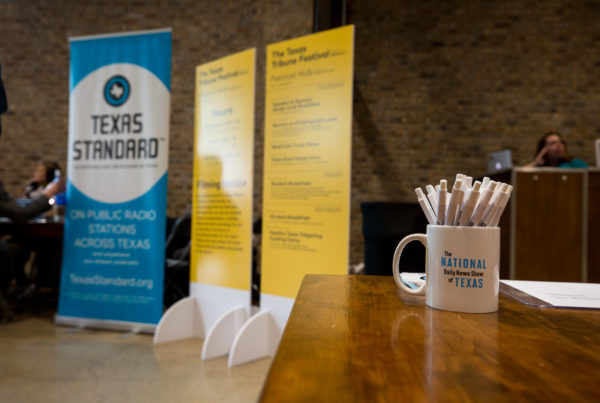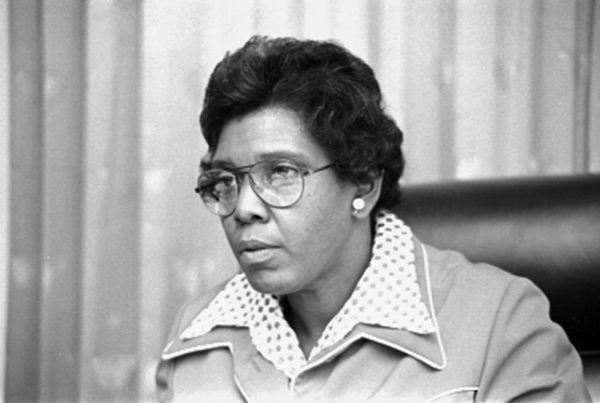For decades, the booking mug shot has been a staple of crime reporting by news organizations. But since the arrival of the internet, news organizations have published galleries of photos belonging to people who have been arrested, even when they haven’t been tried for their alleged crimes. Last week, the Houston Chronicle became the latest news organization to end the use of mug shot galleries.
Keri Blakinger is a reporter for The Marshall Project, a nonprofit news organization that covers criminal justice. She’s a former Houston Chronicle reporter. Blakinger says news organizations began publishing mug shots on their web sites because they generated traffic, which resulted in more revenue.
“There’s a clear financial incentive for news organizations to publicize things that they maybe wouldn’t have had an incentive to publicize had it been print only,” Blakinger says.
Displaying mug shots of people who have not been convicted of a crime amounts to public shaming, Blakinger says. Many low-level crimes would not make news if those accused were not depicted in the mug shot gallery.
“You do a gallery of DWI mug shots. Well, you don’t write about every DWI,” Blakinger says.
Blakinger says mug shots that stand out are often those of people who look high or like they are dealing with a mental illness.
“The really crazy mug shots that stand out are also the people that we should probably be sensitive of, in a lot of cases,” Blakinger says.
Mug shots can also give a false impression of the ultimate resolution of an arrest. And that could harm not only a person’s reputation, but their ability to obtain employment. Blakinger describes a suspect who was arrested for burglary, but was ultimately convicted only of a misdemeanor trespass charge. The mug shot left the impression that he was guilty of the more serious crime, she says.
“Clearly, as an employer, you would look at those two crimes very differently,” Blakinger says.
Written by Shelly Brisbin.















